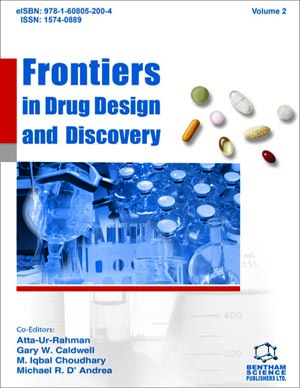Abstract
Metabonomics has, in the past decade demonstrated enormous potential in furthering the understanding of disease processes, toxicological processes, phenotypic outcome of gene expression and biomarker discovery. However, implementation of metabonomic methodology requires the development of generic, rapid, advanced analytical tools to comprehensively profile biosample (biofluids and tissues) metabolites. 1H NMR spectroscopy is arguably the most powerful tool for profiling of biosamples with inherent advantages over other analytical techniques e.g.: 1) lack of requirement for extensive sample preparation; 2) non-destructive; 3) non-equilibrium perturbing; 4) small (down to 1 ml) sample volumes and 5) quantitative and qualitative information are available from the same data set. Whilst conventional `target analysis` approaches may apply more sensitive analytical methods than 1H NMR spectroscopy for detection of low metabolite levels in biological materials, the target analysis approach involves consideration of critical biochemical pathways and pre-selection of the metabolites of interest. The subjective selection of a battery of biochemical methods is then required which is a necessary, but complex and time-consuming process and if an inappropriate or restricted range of biochemical methods or parameters are chosen, important metabolic disturbances may be over-looked. On the other hand, the use of 1H NMR spectroscopy to follow biochemical responses does not require such a pre-selection of metabolites and allows subsequent multicomponent analysis, without bias imposed by the experimenters expectations, hence it has been demonstrated in a wealth of publications that NMR spectra of biosamples are extraordinarily rich in information on endogenous biochemical processes in both good health and disease.
This review will aim to discuss technical developments relevant to the field, commonly used data handling and data analysis strategies and the use of metabonomics as a tool to facilitate our understanding of health status at the metabolic level.






















